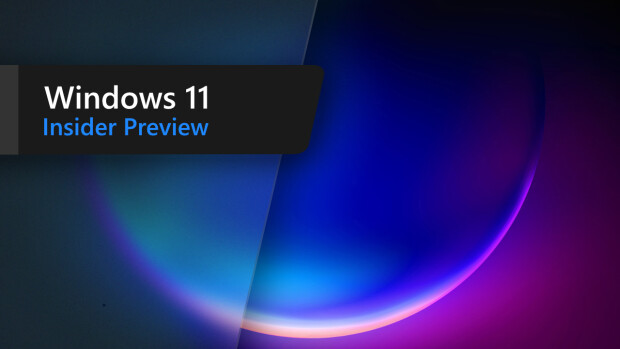To recap the overall case for the third time, Burst claims that Microsoft negotiated in bad faith for over a year, then stole Burst's patented technology for increasing the efficiency of video and audio streaming. "Bursting" is protected by a total of 37 U.S. and foreign patents. A jury will decide later this year whether or not Microsoft is infringing Burst's patents and whether Redmond actively stole Burst's technology despite having a nondisclosure agreement in place. This all has yet to be proved.
What doesn't have to be proved is what was stipulated in this week's hearing. The hearing came about because Burst felt Microsoft was not divulging all the documents it was supposed to as part of the discovery phase of the case. Discovery is where each side asks the other for pertinent information and documents important to its case. Among other things, Burst asked for copies of all Microsoft e-mail messages concerning Burst during and shortly after the time when the companies were trying to negotiate a license for Microsoft to use Burst's intellectual property.
![]() News source: I, Cringely
News source: I, Cringely














